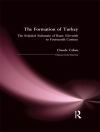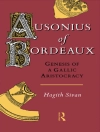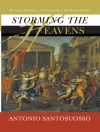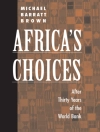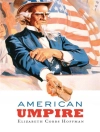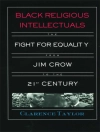How children helped abolish slavery
During the antebellum period, several abolitionist figures, including William Lloyd Garrison, the editor of the Liberator; Susan Paul, an African American primary school teacher; Henry Clarke Wright, a white reformer; and Frederick Douglass, the internationally renowned activist, consistently appealed to the sympathies of children against slavery. In 1835, Garrison proclaimed, “If . . . we desire to see our land delivered from the curse of PREJUDICE and SLAVERY, we must direct our efforts chiefly to the rising generation.” This rallying cry found a receptive audience and ignited action.
Despite their limited scholarly exploration, children occupied a crucial position within the US abolition movement. Through a reexamination of archival materials including antislavery newspapers, correspondence, and autobiographies, Young Abolitionists is the first book to center children’s participation in the campaign to eradicate slavery in the United States.
Michaël Roy uncovers how young advocates—Black and white alike—confidently delivered antislavery speeches within their schools, enrolled in juvenile antislavery societies, and contributed to the editorial process of antislavery newspapers. They aided fugitive slaves, attended antislavery fairs, and engaged in activities commemorating John Brown’s legacy. They even affixed their signatures to antislavery petitions, thus challenging the boundaries of their own citizenship.
Abolitionists saw childhood as a force for social change. With the help of parents and teachers, children acted in concrete ways against slavery and made a meaningful contribution toward its demise. Young Abolitionists honors their contributions and reminds us that children can—and must—be included in the fight for a better world.
Про автора
Michaël Roy is Associate Professor of American studies at Université Paris Nanterre and a Fellow of the Institut Universitaire de France. He is the author of Fugitive Texts: Slave Narratives in Antebellum Print Culture, and the editor of Frederick Douglass in Context and Escapes from Cayenne: A Story of Socialism and Slavery in an Age of Revolution and Reaction.


